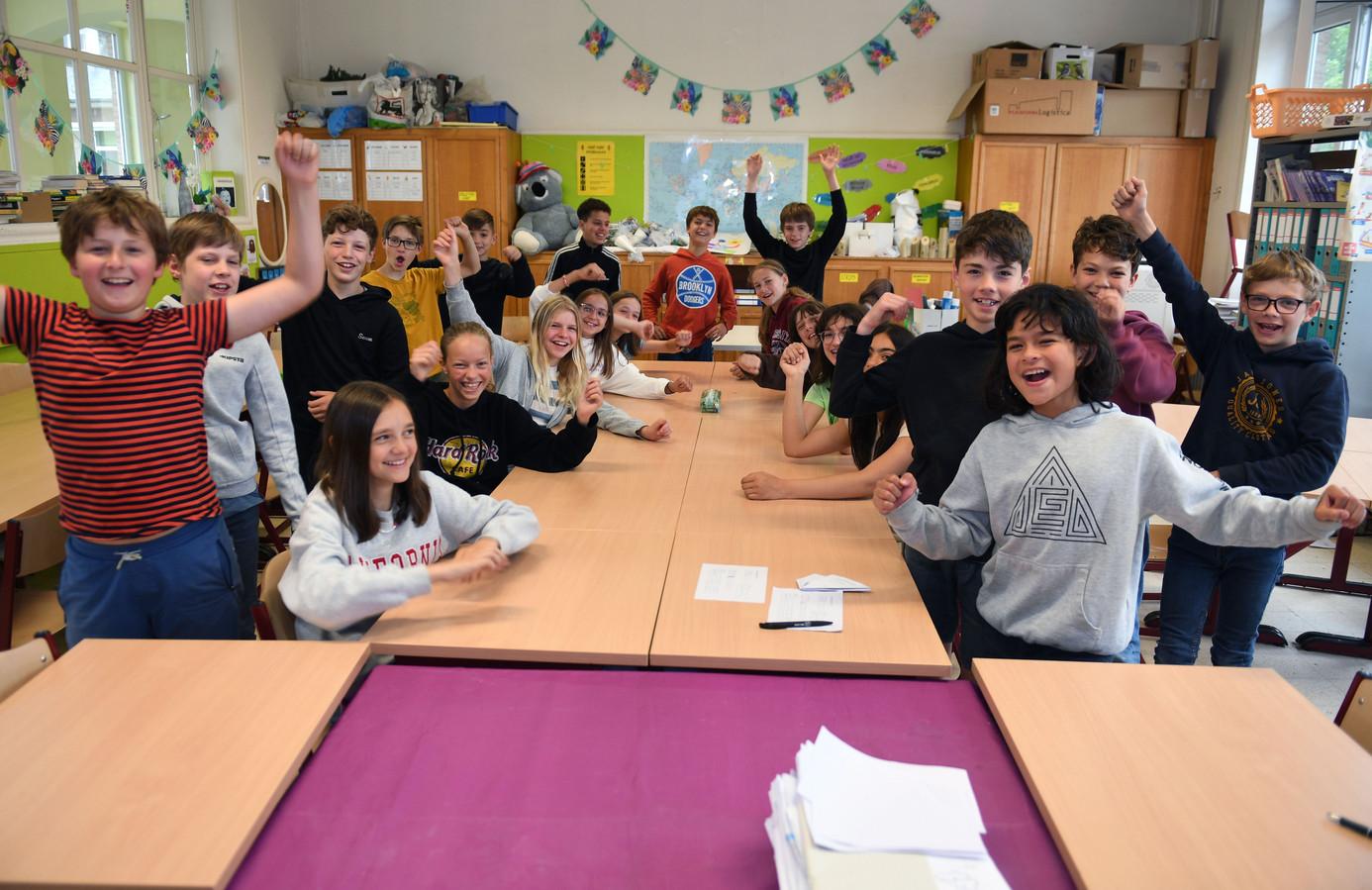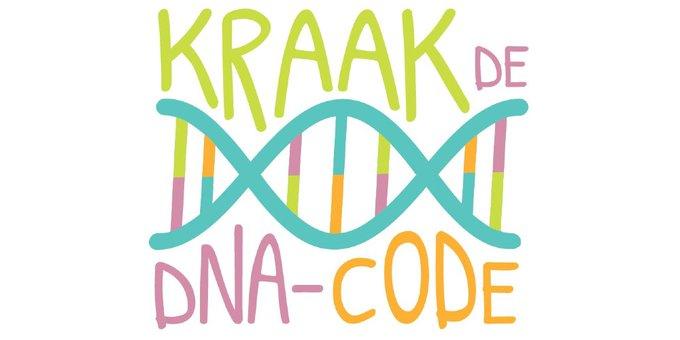In addition, the initiators want to the enthuse the children for scientific study choices in secondary school and teach them how important research is.
The CME has provided a budget for the development of a prototype; for the further roll-out, a crowdfunding campaign will be started. Only when enough financial means are available, the game will be produced in larger quantities and will schools be able to borrow or apply for the game with the Centre for human genetics.
DNA, genetics, heredity, genes, mutations… All these terms sound vaguely familiar but few people know exactly what they mean. Genetics is a relatively new branch within medicine which is developing rapidly. “There is still so much to discover, but for that we need researchers of course. With initiatives such as this one, we want to get children acquainted with wondrous world of genetics in a playful manner, in order to entice them try for e.g. STEM study courses in secondary school.”, according to professor Hilde Van Esch from the Centre of human genetics.

The children of the Heilig Hart crack the DNA code with a new educational game produced by the KU Leuven and UZ Leuven © Vertommen / HLN
Tailor-made game
Teaching packages about genetics are readily available for secondary school, but this game really targets the younger age groups, the third grade of primary education. For developing the game, the CME involved De Aanstokerij from Leuven. Their creative team with experienced game developers got to work and tried the new concept with various classes. Students and teachers from the test groups were very enthusiastic. “It challenges students to think in a researching manner and allow them their first steps in the world of science. I think the main added value is that is not just a thinking game, children also have to do things such as e.g. build a DNA helix in Lego. This makes it interesting for everyone. En it teaches you something too,” says teacher Axelle Pauwels in whose class the game was tested.
Crowdfunding campaign
The development and test stage of the prototype have been concluded. But the game is still not available for schools.
“For financing the further roll-out we want to appeal to the general public”, Annemie Puttemans of the CME says. “We need about € 14.000 for the production. This is an estimate based on the development of 70 games the primary schools in Flanders can borrow for free, or apply for, to play with children of the third grade.”
